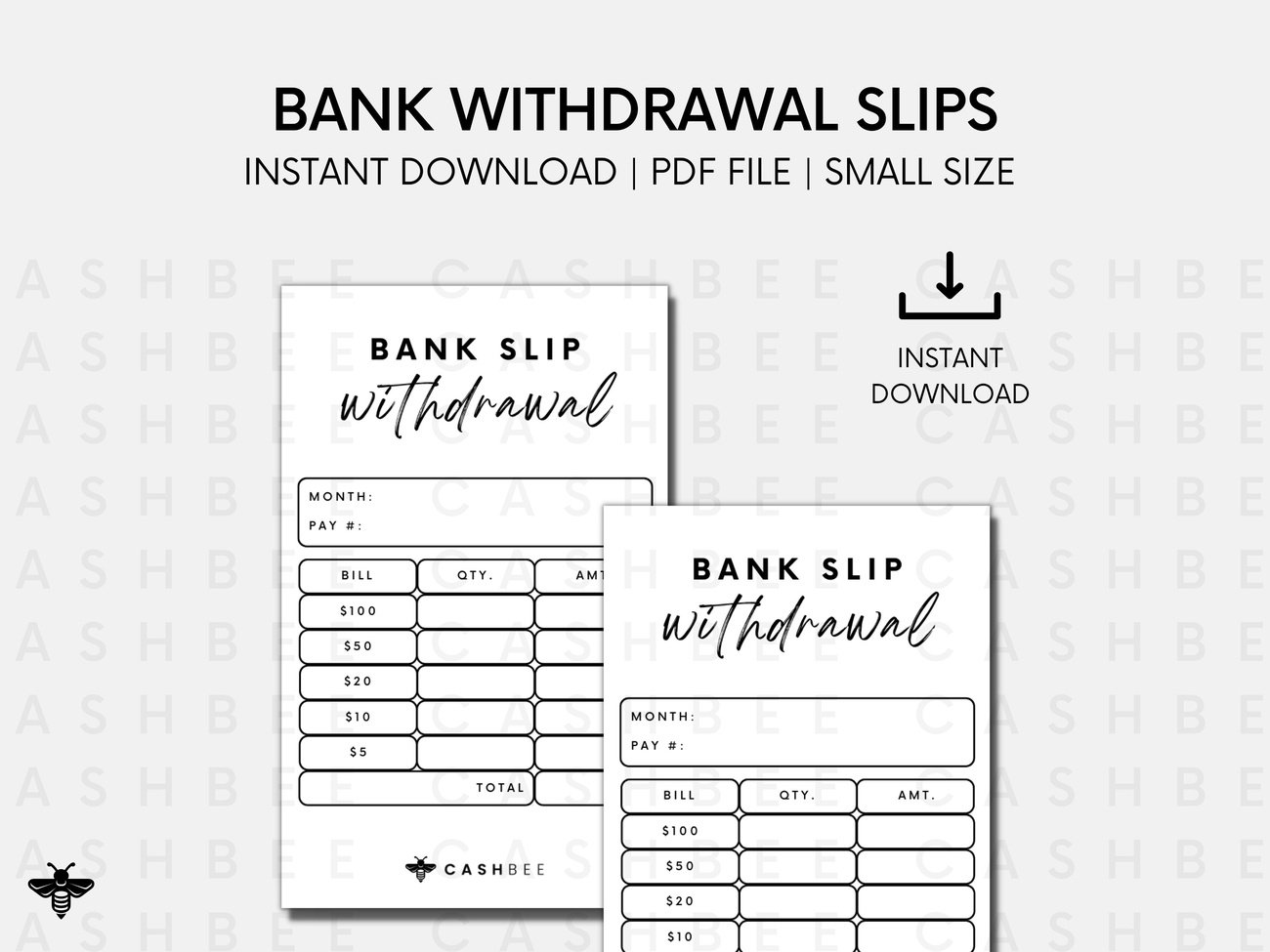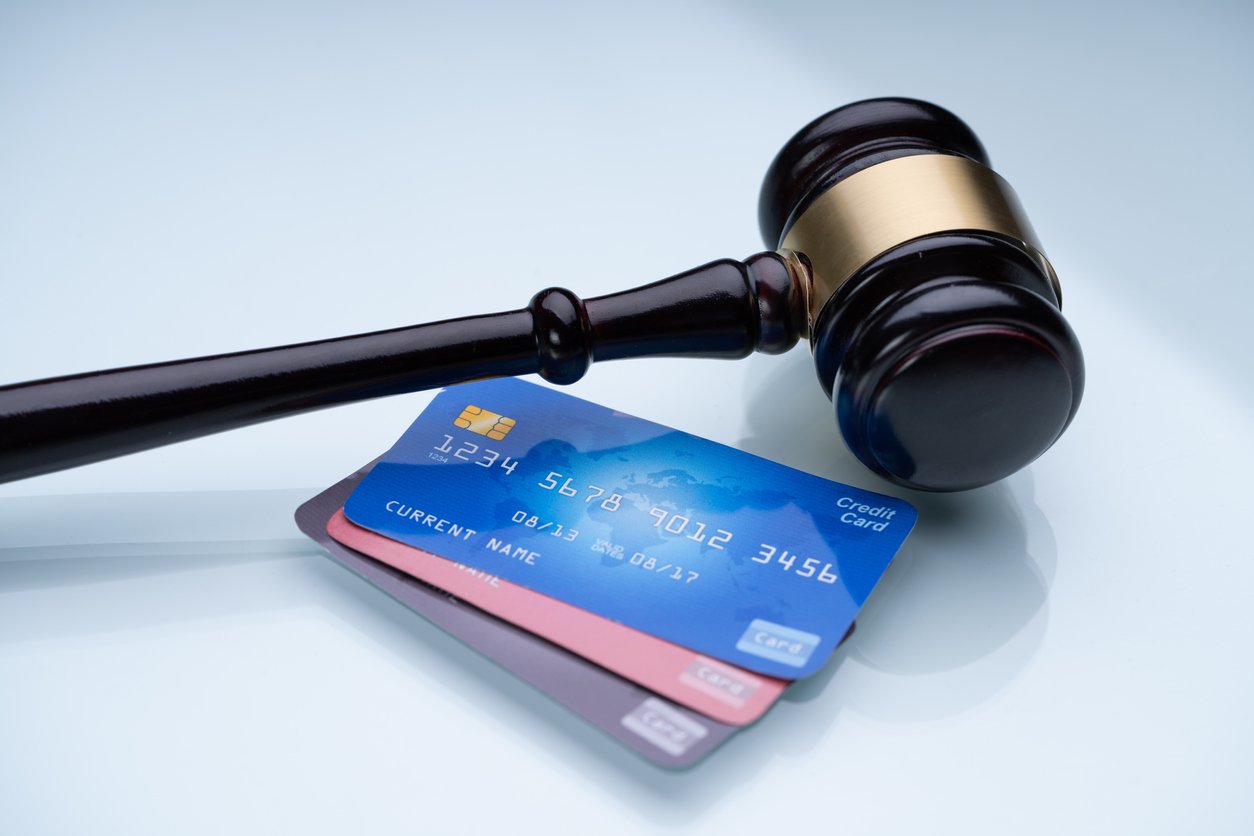Now Reading: Can You Close Your Bank Account Without Paying Credit Card Debt? The Truth Revealed
-
01
Can You Close Your Bank Account Without Paying Credit Card Debt? The Truth Revealed
Can You Close Your Bank Account Without Paying Credit Card Debt? The Truth Revealed

People often ask if closing their bank account lets them dodge credit card payments. This seems like an easy escape from debt. But banks aren’t that easy to fool – they have a legal “right of set-off“. This means your bank can grab money from your current account to cover any missed payments without asking you first.
Your credit score stays safe if you close a bank account that’s in good shape. Credit card debt is a different story. The consequences get serious fast. Your creditors might take you to court. They can garnish up to 25% of your take-home pay and freeze your accounts with court orders. Let’s look at what this means and explore your options with bank accounts and unpaid cards. This will help you make smart choices about your money.
What happens if you close a bank account with unpaid credit card debt
Closing your bank account is pretty simple, but your credit card debt won’t just go away. Many consumers mistakenly believe they can avoid paying off a credit card by closing their bank account. This approach just doesn’t work.
Your debt sticks around even after closing the account
Your unpaid credit card debt follows you around whatever bank you use. The bank will likely send the debt to a collection agency if you close an account that has a negative balance. This can hurt your credit score by a lot, since negative marks from closed accounts with missed or late payments stay on your credit reports for seven years.
Your credit report will show both the collection entry and the original account for a defaulted credit card. These entries will come off your credit reports at the same time – but you’ll need to wait seven years.
The seven-year clock starts ticking from your first missed payment for collection accounts tied to unpaid credit cards. So even with a closed bank account, you still legally and financially owe that money.
Creditors step up their collection game
Creditors don’t just give up when you stop paying. You’ll get lots of messages about your debt at first. Your lender will try to reach out and set up a payment plan if you stay in debt for about 36 months.
If these first attempts don’t work, creditors might take tougher steps:
- Selling your debt to collection agencies that push harder to get paid
- Filing lawsuits to get their money back
- Getting court judgments that let them freeze your bank accounts through a writ of garnishment
- Placing liens on your property, which blocks you from selling or refinancing until you pay up
A creditor with a court judgment can ask to freeze your bank account. You can’t touch your money during this hold period, which usually lasts 2-3 weeks. The freeze also affects any new money that goes into that account.
The debt doesn’t magically vanish when the statute of limitations runs out. Creditors might have a time limit to sue you, but that unpaid debt can mess with your finances for years to come.
Can you close a bank account with a negative balance?
People often ask if they can just walk away from an overdrawn bank account. The answer isn’t as simple as you might think.
Banks may refuse closure until balance is cleared
You’ll hit a wall if you try to close an account that’s in the red. Most financial institutions won’t allow you to close a checking account with a negative balance. Banking guidelines are clear: “Generally, the bank will not close a checking account that is in an overdraft status. Such an account will be kept open until it is brought current”.
Here’s what you need to do to close your account:
- Add enough money to get your balance to zero or higher
- Take care of any remaining account fees
- Submit your closure request through the right channels
Banks want you to clear your debt before they’ll let you close the account voluntarily. This stops people from dodging their financial responsibilities by simply closing their accounts.
Negative balances can be sent to collections
Ignoring a negative balance can create serious problems. Your bank won’t sit idle if you abandon an overdrawn account. They might shut it down themselves if they see ongoing negative balances or if you don’t fix the problem.
More importantly, the bank usually reports these “involuntary closures” to companies like ChexSystems. This creates a record that can affect your banking options later.
The biggest worry is that banks often send unpaid negative balances to collection agencies. Collection agencies can tell the three major credit bureaus about your debt, which could hurt your credit score. These marks stick around on your credit report for up to seven years, and larger debts might drop your score by 100 points or more.
Collection agencies might even take you to court in serious cases, which makes everything harder. The smart move is to deal with negative balances right away instead of trying to escape them by closing your account.
Can a bank take money from your account without permission?

Image Source: Etsy
Banks have the power to recover money you owe them, sometimes without asking for your permission first. Many customers find this surprising since they believe their deposited money stays under their control.
Understanding the right of offset
The right of offset (sometimes called right of set-off) lets banks collect money from your deposit accounts to pay outstanding debts you owe them. Your account agreement contains this legal provision when you open checking, savings, or certificate of deposit accounts.
The right of offset becomes valid under these conditions:
- Your loan and deposit account must be with the same bank
- You must have defaulted on the debt or it must be past due
- Your name must be on both the account and debt
This right goes beyond individual accounts. Banks can take money from joint accounts to cover debts that any joint owner owes. They might not even tell you before they do this.
When banks are legally allowed to withdraw funds
Laws place strict limits on when banks can take your money without permission. Federal law prevents federally chartered banks from using the right of offset to collect overdue credit card balances. The Federal Reserve Board’s Regulation Z Section 1026.12 provides this protection.
Your retirement accounts, like IRAs and 401(k)s, stay protected from the right of offset. Some states offer extra safeguards – to name just one example, California stops banks from reducing your balance below $1,000 when using this right.
Banks need court orders or judgments to make withdrawals unrelated to the right of offset. Federal law controls unauthorized withdrawals and requires banks to break down disputed transactions within ten business days. They must fix errors within one business day after finding a mistake.
Knowledge of these provisions helps you protect your money and understand your rights with financial institutions.
Legal consequences of unpaid credit card debt after account closure

Image Source: Warren & Migliaccio, L.L.P.
Your unpaid credit card debt won’t disappear just because you closed your bank account. Credit card companies will take you to court after they’ve tried everything else to collect what you owe.
Lawsuits and court judgments
Credit card companies don’t rush to sue you right away. They’ll try several times to collect before taking legal action. You must respond to any lawsuit by the deadline shown in your court documents. The court will automatically rule against you with a “default judgment” if you ignore the lawsuit.
A court judgment gives creditors powerful collection tools. You’ll legally owe the original debt plus extra costs like collection fees, interest, and what the lawyers charged. These judgments usually last about 10 years in most states, and creditors can easily renew them. This creates financial problems that stick around.
Your credit card company might sell your overdue account to debt collectors who can sue you themselves. These collectors need proper paperwork to prove they have the right to collect your money.
Wage garnishment and bank levies
After winning a judgment, creditors can take money straight from your paycheck through wage garnishment until you pay the debt. Federal law caps this at 25% of your take-home pay or whatever’s left after 30 times the federal minimum wage, whichever amount is smaller. This means you get to keep at least $217.50 of your weekly pay after taxes.
Creditors can also freeze your bank accounts through a bank levy. Your bank freezes the amount specified when they get the levy notice. Each state gives you different waiting periods to challenge the levy before the creditor gets your money. Notwithstanding that, your Social Security and veterans’ benefits usually can’t be touched by garnishment or bank levies.
These legal actions can follow you to any new accounts you open. Judgments show up in public records, so creditors can track you down even after closing your old account.
Conclusion
You can’t escape your financial obligations by closing your bank account when you have credit card debt. Creditors can still legally chase payments through wage garnishment, account levies, and court judgments. The bank’s offset provision gives them substantial rights, though federal regulations help protect consumers.
Closing your account to dodge debt isn’t a smart move. A better approach is to tackle your credit card obligations head-on. Your credit report will show unpaid balances for up to seven years. Court judgments could affect your finances for a decade or more.
Good financial habits start when you understand your rights and responsibilities. Negative balances or thoughts about closing accounts need attention. Note that talking to your creditors openly often works better than trying to hide from them.
Read This Also – Can I Use Indian Credit Card in USA? Here’s What Banks Won’t Tell You
FAQs
Q1. Can I close my bank account if I have outstanding credit card debt? Yes, you can close your bank account even if you have credit card debt. However, closing the account doesn’t eliminate your debt obligations. The credit card company can still pursue collection efforts, and you remain responsible for paying off the balance.
Q2. Will closing my bank account affect my credit score? Closing a bank account in good standing generally won’t impact your credit score. However, if you have a negative balance or missed payments on credit cards tied to the account, it could negatively affect your credit. It’s best to resolve any outstanding issues before closing the account.
Q3. Can a bank take money from my account to cover credit card debt? Banks have a legal “right of offset” that allows them to withdraw funds from your deposit accounts to cover outstanding debts owed to the same institution. However, this right is subject to certain conditions and limitations, particularly for credit card debt.
Q4. What happens if I don’t pay my credit card debt after closing my bank account? Unpaid credit card debt doesn’t disappear when you close your bank account. The creditor may escalate collection efforts, potentially leading to lawsuits, court judgments, wage garnishment, or account levies. The debt can also be sold to collection agencies, further complicating your financial situation.
Q5. Are there any alternatives to closing my bank account if I can’t pay my credit card debt? Instead of closing your account, consider exploring alternatives such as negotiating with your creditor, enrolling in a debt management plan, or seeking credit counseling. Some credit card issuers offer hardship programs that can provide temporary relief by reducing payments or interest rates. It’s generally better to address the debt proactively rather than trying to avoid it.



